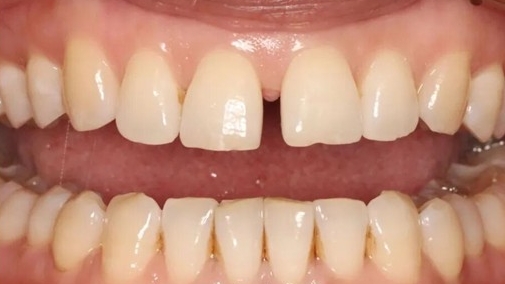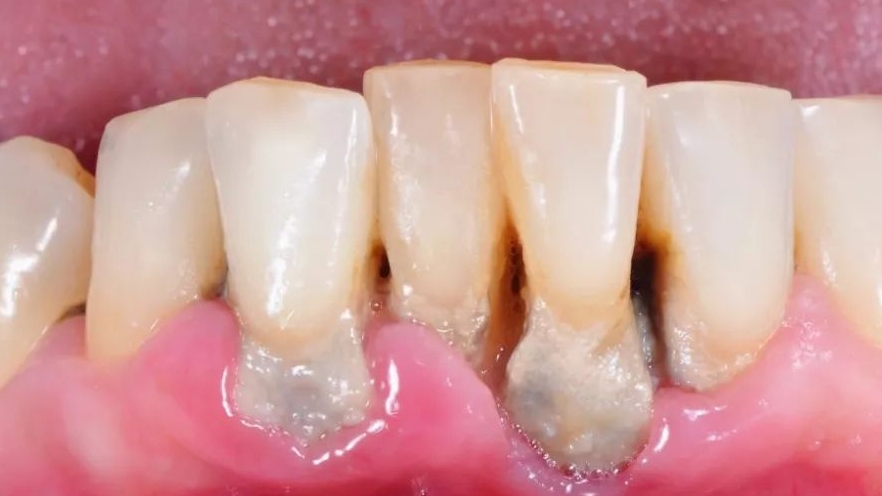Smoking: The "Invisible Killer" of Dental Implants
Smoking: The "Invisible Killer" of Dental Implants
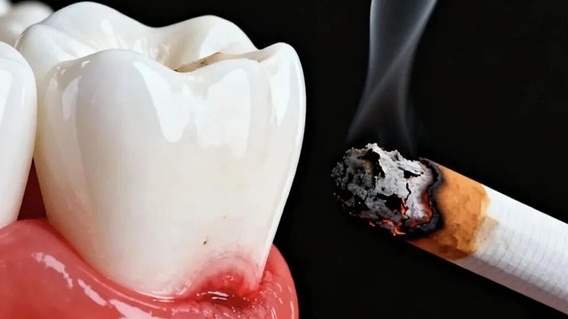
Smoking not only endangers overall health but also acts as a major "invisible killer" for dental implant surgery. Numerous studies have confirmed that smoking significantly reduces the success rate of dental implants and increases the risk of postoperative complications.
How does smoke harm your "new teeth"?
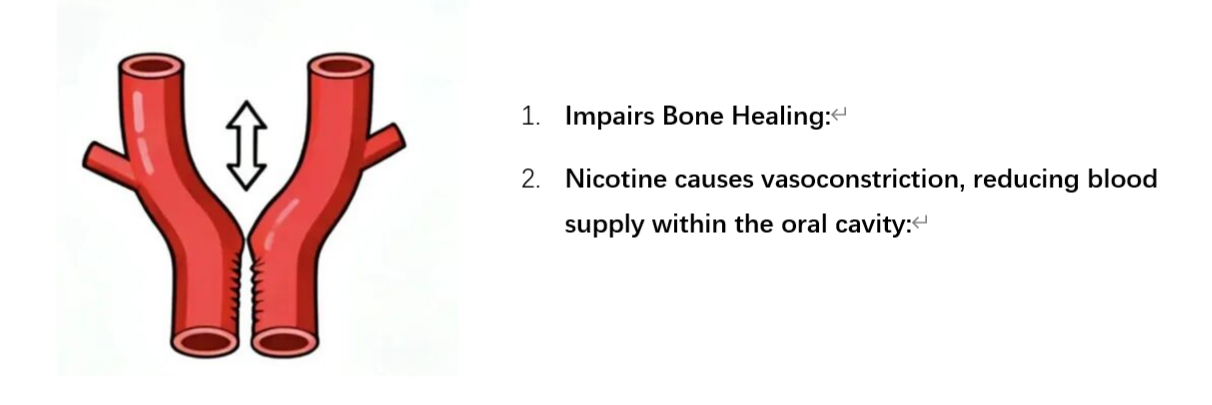
Impairs Bone Healing
Nicotine causes blood vessel constriction, reducing blood supply in the oral cavity. This means insufficient local oxygen and nutrient delivery during the critical period when the implant needs to fuse tightly with the alveolar bone, severely hindering new bone formation and leading to delayed healing or even failure.
Increases Infection Risk
Smoking suppresses immune function and weakens the resistance of oral mucosa. This makes the soft tissues around the implant more prone to infection, resulting in "peri-implantitis". It is a periodontal disease-like condition that causes alveolar bone resorption and ultimately leads to implant loosening and loss.
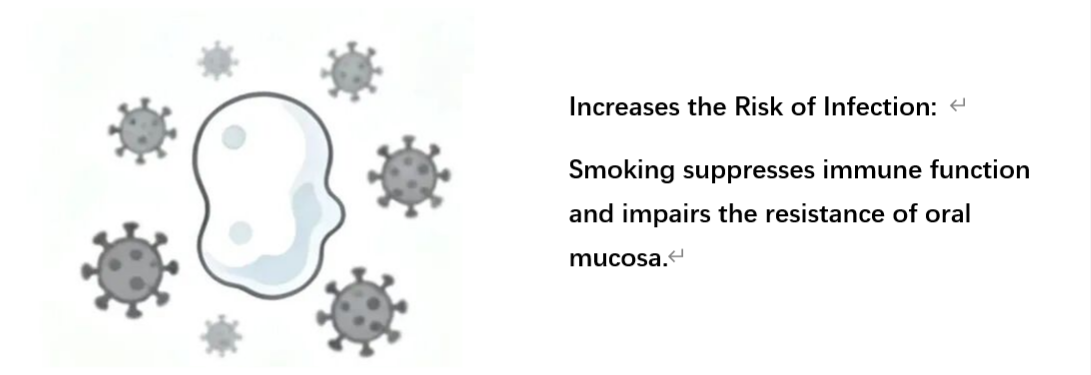
Compromises Long-Term Success
Even if the dental implant heals initially, smokers face greater challenges in long-term maintenance. The incidence of peri-implantitis is much higher in smokers than in non-smokers, meaning the costly dental implant may be at risk of failure after several years of use.
The recommendation for smoking patients is to quit smoking completely.
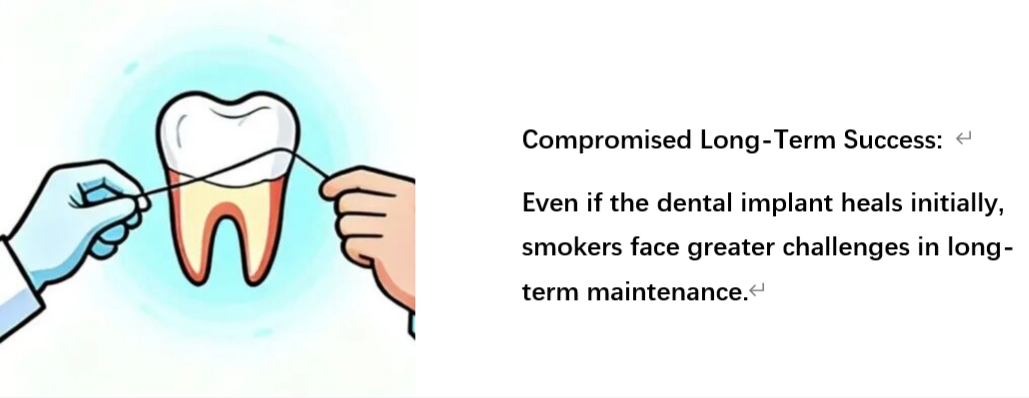
If complete quitting is difficult, the following must be done: strictly abstain from smoking for at least two weeks before surgery and eight weeks after surgery, the critical healing period. Meanwhile, you must inform your implant dentist of your smoking habits so that the doctor can develop a more thorough plan and you should commit to stricter and more frequent lifelong re-examinations and maintenance.
